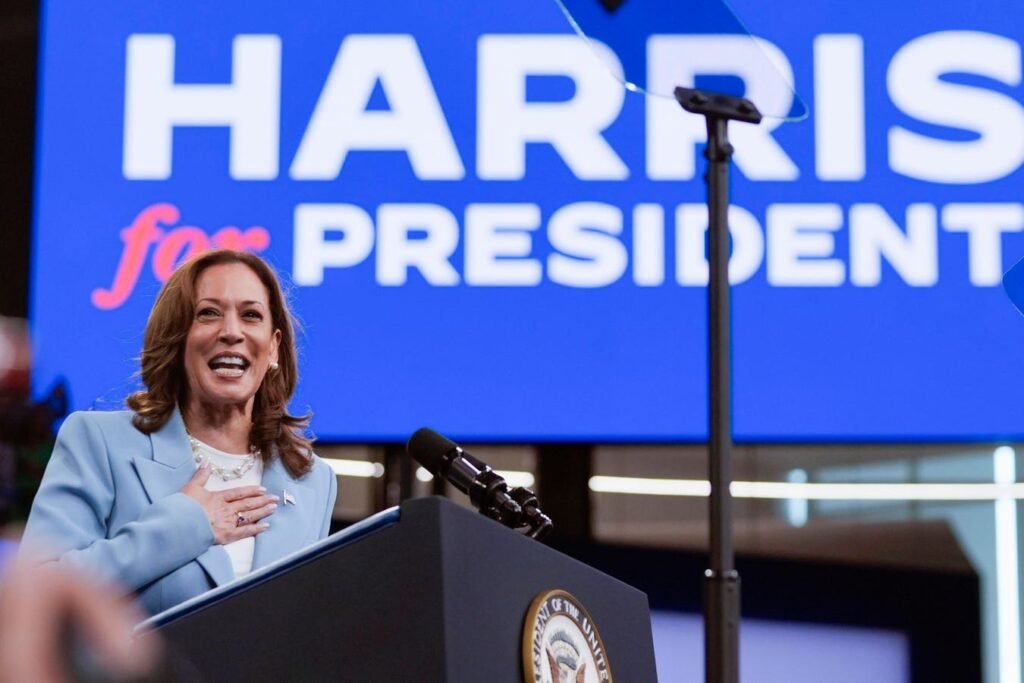Vice President Kamala Harris is currently in the early stages of her campaign for president, but polls suggest that voters are responding positively to her platform. One key issue that many voters are focusing on is taxes, and whether Harris’s proposals will result in tax increases for certain income brackets. One significant aspect of Harris’s tax plan is her pledge not to raise taxes on anyone making under $400,000 a year, a promise similar to President Biden’s. However, some are concerned that this limit may hinder Harris’s ability to raise the funds needed for certain social programs, such as an expansion of Social Security benefits.
The Tax Foundation has analyzed Harris’s tax proposals based on her previous presidential campaign in 2020. One idea that Harris has supported is raising the top marginal income tax rate on the top 1% of earners from 37% to 39.6%. However, it remains unclear if Harris will propose broader rate hikes, especially since she has pledged not to increase taxes on those making under $400,000 annually. Additionally, Harris previously suggested a 4% income-based premium on households making over $100,000 a year to fund a Medicare for All plan, but this idea may no longer be viable given her recent tax pledge.
Harris has also supported refundable tax credits as incentives for low- and middle-income taxpayers. In her 2020 campaign, she proposed the LIFT the Middle-Class Act, which would provide a $3,000 refundable tax credit ($6,000 for joint filers). She also suggested a tax credit for rent for individuals earning under $100,000 a year who spend more than 30% of their income on rent and utilities. These tax credits are popular among many voters and could be included in Harris’s updated tax proposals.
Another aspect of Harris’s tax plan is the potential for a capital gain tax hike, which would tax capital gains like ordinary income. While it is unclear who exactly would be affected by this increase, it is likely to target upper-income earners. Similarly, Harris has expressed support for raising corporate tax rates back up to 35% from the current rate of 21%. This proposal is in line with her previous campaign platform and aligns with President Biden’s promise to increase the corporate tax rate.
Furthermore, in her 2020 campaign, Harris proposed raising the estate tax to fund education programs. While the specifics of this plan were not detailed, it would likely involve reducing the estate and gift tax exemption, which is set to decrease from $13.61 million to $5.6 million after Dec. 31, 2025. Finally, Harris has also floated the idea of implementing a financial transaction tax on stock, bond, and derivative trades. This tax would create revenue but may face opposition from certain groups.
Overall, Vice President Kamala Harris’s tax proposals are still taking shape, but they indicate a progressive approach that may involve tax increases for wealthier individuals and corporations. Her pledge not to raise taxes on those making under $400,000 annually has garnered support from voters, but questions remain regarding the specifics of her tax plan. As the campaign progresses, more details are expected to emerge, shedding light on how Harris’s tax proposals may impact different income brackets and sectors of the economy.

